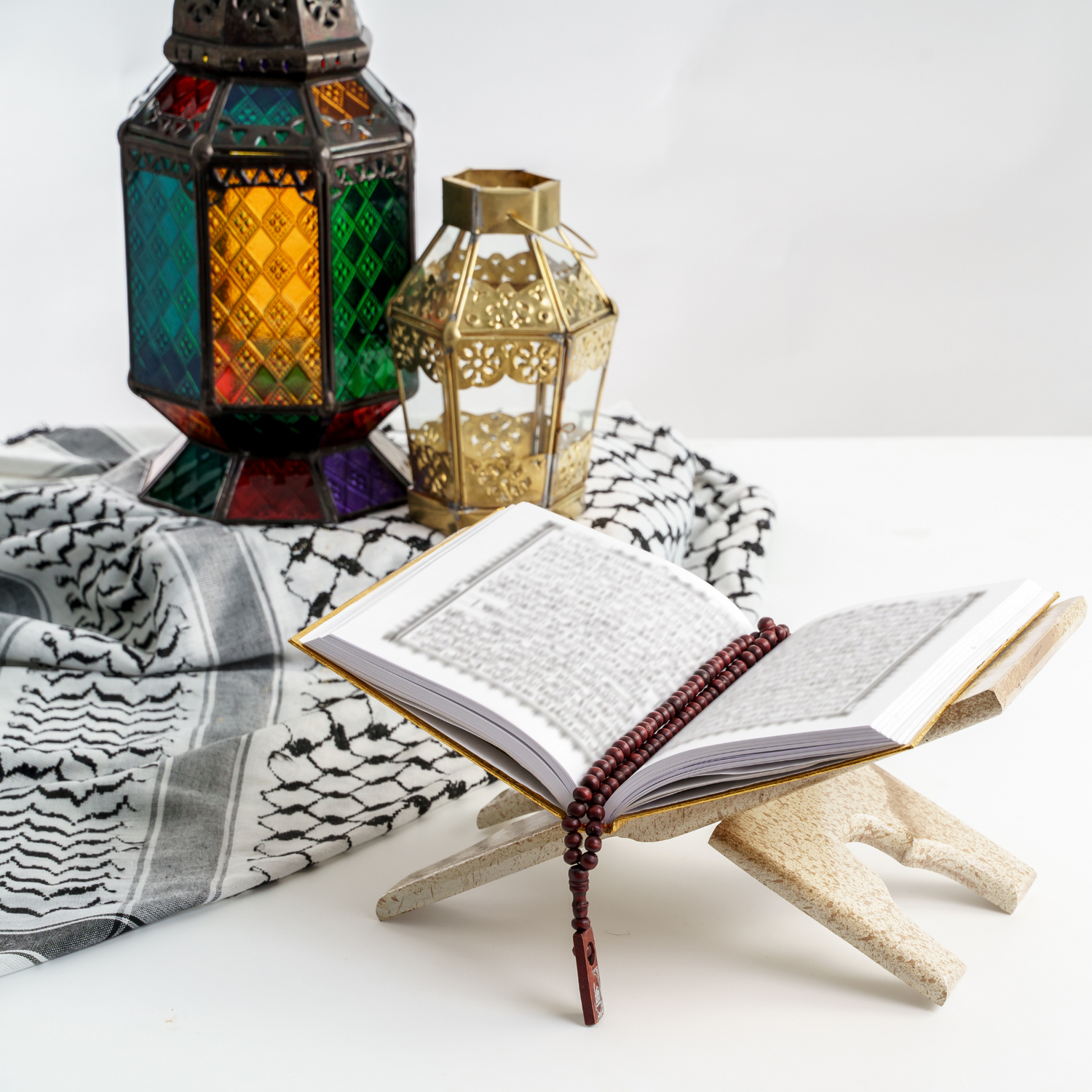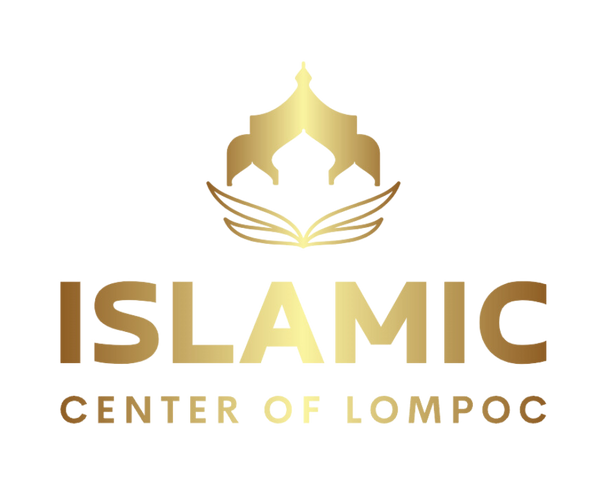Announcements:
- Sunday School: For ages 10 and up at 12 PM.
- Wednesday Islamic School: For ages 5-9. At 12:45–2 p.m.
- Sisters Halaqa: Every other Sunday at 1 PM.
For more details or inquiries, please call Uzma at 805-819-0599. If unavailable, kindly leave a message, and we'll get back to you soon.
Education
Welcome to the Islamic Center of Lompoc Education Page.
As an integral part of our society, our commitment to education reflects our belief in the power of knowledge to illuminate minds, bridge gaps, and foster understanding.

As we continue to develop this vital aspect of our society, we invite you to join us on this enlightening journey. Let us learn, grow, and contribute to a more understanding and compassionate world together.
Understanding Islam
At the heart of Islam lies the call for peace and submission. The term 'Islam' itself originates from an Arabic root word that means 'peace' and 'submission.' It is this commitment to peace, submission, and obedience to Almighty God, Allah, that gives Muslims a sense of tranquility and direction in life.
Muslims believe in Allah, the proper name for Almighty God, often merely translated as "God." Allah has numerous names used to describe His attributes: the Creator, the Sustainer, the Merciful, the Compassionate, and many more. Arabic-speaking Christians also use the name "Allah" for Almighty God.
Islam emphasizes a strict monotheism, holding that Allah alone, being the Creator, deserves our devout love and worship. Any worship or prayers directed towards saints, prophets, other human beings, or nature are considered idolatry in the Islamic faith.
Anyone who believes in and consciously follows Islam is referred to as a Muslim, which also stems from the same root word. Thus, the religion is called "Islam," and a person who believes in and follows it is a "Muslim."
Islam isn't simply about bearing a Muslim name or associating with the Muslim community. The essence of being a Muslim lies in the degree of one's submission to the will of God, reflected in their beliefs and actions.
Core Principles of Islam
In Islam, faith and good deeds are interlinked. A simple verbal declaration of faith is not enough; belief in Allah necessitates obedience to Him.
Muslims consider every action in life an act of worship if performed according to Allah's guidance. However, there are five formal acts of worship, often known as the "Five Pillars of Islam."
- Shahada (Testimony of Faith): The belief that there is no God but Allah, and the Prophet Muhammad (SAW) is His messenger.
- Salat (Prayer): Muslims are required to perform five daily prayers, serving as a direct link between Allah and the worshipper.
- Zakat (Charity): Every Muslim is required to give 2.5% of their disposable income to charity.
- Ramadan (Fasting): This Holy Month is when Muslims worldwide fast from sunrise to sunset, abstaining from eating any food or drinking anything.
- Hajj (The Pilgrimage to Mecca): This pilgrimage is done once annually at Mecca, and each Muslim is required to perform it at least once in their lifetime if they can afford it.
The foundation of Muslim belief rests on six primary categories, often referred to as the "Articles of Faith":
- Faith in the unity of God
- Faith in angels
- Faith in prophets
- Faith in books of revelation
- Faith in an afterlife
- Faith in destiny/divine decree
Muslim Holidays and Prayers
Muslims celebrate two main holidays, Eid-Al-Fitr and Eid-Al-Adha. Eid-Al-Fitr marks the end of Ramadan, while Eid-Al-Adha commemorates the sacrifice that Prophet Ibrahim was willing to make in obedience to God. The Hajj, or pilgrimage to Mecca, is also performed around this time.
Muslims are required to perform five daily prayers:
- Fajr: Offered in the early hours of the morning, before sunrise.
- Dhuhr: Offered around noon.
- Asr: Offered in the afternoon.
- Maghrib: Offered before sunset.
- Isha: Offered at night.
Everyday Life of Muslims
While sometimes portrayed as radical or extreme, Muslims consider Islam to be the middle road. Islam encourages its followers to strike a balance by fulfilling the obligations of and enjoying this life while always being mindful of their duties to Allah and others.
This balance includes dietary rules, modesty in dress and behavior, marriage, care of children and elderly, business ethics, and relations with non-Muslims.
At the Lompoc Islamic Society, we embrace this balanced approach, ensuring that our teachings, activities, and community initiatives reflect these principles of Islam.
We invite you to learn more and join us in fostering a community of peace, understanding, and mutual respect.
